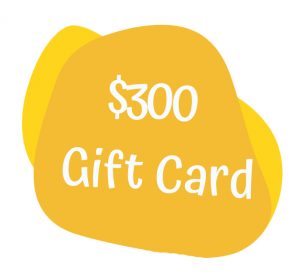Google’s Project Euphonia
Get Involved with Project Euphonia
Help future generations of people living with motor speech impairments.
Automated speech recognition, which powers voice-activated technology such as the Google Assistant, are more common than ever, but they’re not equally accessible. For example, if you have a speech disorder caused by a neurological impairment like ALS, Duchenne muscular dystrophy, Parkinson’s, Multiple Sclerosis, brain injury, or stroke then using this technology may be difficult.
Google’s Project Euphonia is an early-stage research effort to improve speech recognition software so people with impaired speech can be understood by—and access—this technology.
Google is looking for individuals with mild to moderate-severe dysarthria to record short phrases that will help train and improve speech recognition software. Mild dysarthria could be when family and friends are able to understand your speech, but they notice that it sounds different, for example, slurred or slower speech. Moderate-severe dysarthria is when individuals you are not familiar with may not understand your speech, and even close family and friends may have difficulty understanding you sometimes.
If you are experiencing mild to moderate-severe dysarthria you could help Google advance this technology. You will record short phrases that will help train and improve speech recognition software.
Project Euphonia was a chance to turn my disability into an opportunity to help others. It was easy to do and I feel fulfilled knowing that I contributed to the community.
Erin O’neil
Friedreich’s Ataxia (FA)
The Power of Innovation Through Collaboration: Communicating for the Future of Accessible Technology
Google’s Project Euphonia is using AI to improve computers’ abilities to understand diverse speech patterns, such as impaired speech. Thus, Google is specifically looking for recordings from participants who have impaired speech.
The Power of Voice partners Team Gleason and CureDuchenne collaborated to not only reach the ALS community but people with Duchenne muscular dystrophy, Parkinson’s, Multiple Sclerosis, Friedreich’s Ataxia, and others with dysarthria. Two Disabled Dudes will also be helping spread awareness of the project by hosting discussions with Team Gleason and Google in two separate upcoming podcasts.
If you have slurred or hard to understand speech, fill out this short form to volunteer and record a set of phrases. Your voice matters more than you know.
How You Can Help
If you are at least 18 years old, speak English fluently but have difficulties being understood by others, you may qualify to participate in Project Euphonia. You will need access to either a computer with a microphone or an Android or Apple mobile device.

You will begin with a set of initial phrases to record. After a quality check, Google will send you a note about the next step which may include an invitation to record a longer phrase list. This longer list may take several hours to record, and you can take breaks and record in multiple sessions.
Google will even send you a gift card for completing the longer phrase list!
Your contribution will help accelerate research to create more inclusive voice recognition technology, which is still a few years away from becoming a reality.
We are honored and excited to work with Google and Team Gleason on Project Euphonia. This collaboration gives the Duchenne community a ‘voice’ in life-changing technology to improve the quality of life for thousands, allowing our community to leave their mark on generations.
Tiffany Cook, MS, CCC-SLP
CureDuchenne




